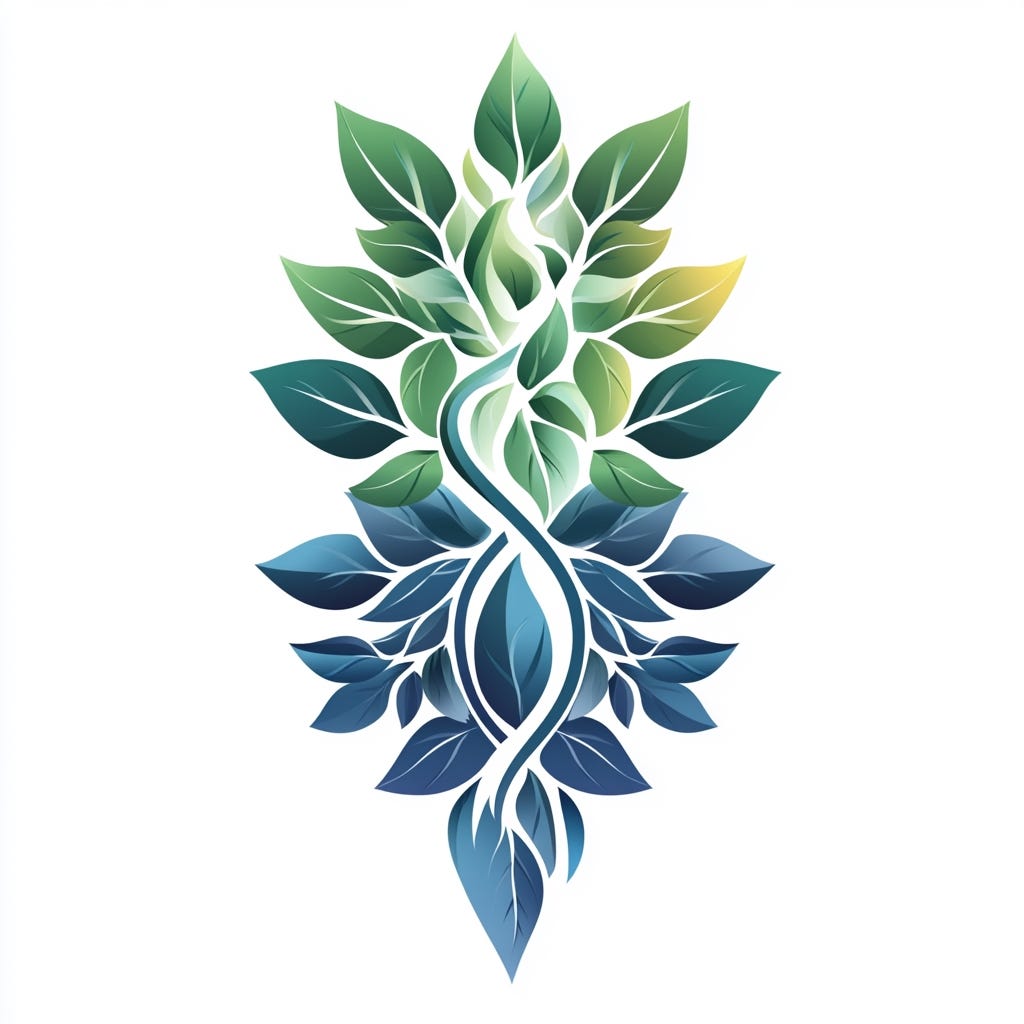What is Traditional Western Medicine?
What I’m calling Traditional Western Medicine is a medical system with a holistic approach to well-being that was practiced in Europe from the time of the ancient Greeks.
It is based on the writings of Hippocrates (Greek) and Galen (Roman), and numerous Muslim physicians, like Ibn Sina, al-Razi, and al-Zahrawi, whose writings were incorporated into the European canon in the medieval period.
Generally speaking, this medicine believes in the inter-connectedness of body, mind, and spirit. It is concerned with maintaining homeostasis—seeking to balance the body’s vital energies as well as its material systems.
It also emphasizes the inter-connectedness of the human being with the natural world. Each patient is treated as a unique individual, but also as a member of a larger field of influence—the environment, the seasons, the culture, family.
The baseline theory is that the human body is alive because of its spiritus (the equivalent of prana or chi), and everything in the natural world and in one’s experience of life affects this spiritus and either produces well-being or disease.
A physician’s job is to identify the cause of the imbalance, and to treat, not merely the symptoms of a disease, but the underlying energetic dysfunction.
Plant medicine is a cornerstone of treatment, as is bathing, cupping, and massage. Nutrition, exercise, and sleep are key elements of treatment. Care is also taken for the psychological factors of every aspect of a person’s life.
The medicine combines an understanding of the material world with a core belief in energetics.
The main surviving lineage of this practice is Naturopathic Medicine. This discipline was officially “developed” over a hundred years ago, and then really established within the Western medical system in 1986, although its practices rely heavily on a complex history that dates back to Ancient Greece.
Looking back at the beliefs and modalities of this older medicine can help us evolve our modern views of ourselves, our bodies, and our health.
This is a process of re-owning suppressed and distorted histories.
It is also a process of healing.
What To Call It
One of the first problems in talking about this medicine is that it doesn’t have a name.
It has covered a period of over two thousand years, spanning a geographical region from Europe to Central Asia. It didn’t begin properly with Hippocrates, although his work came to have an outsize influence. It is sometimes called Hippocratic Medicine, Galenic Medicine, or Greek Medicine.
But it isn’t just Greek, it isn’t just Roman, it is an entrepot, heavily influenced by the work of Muslim and Jewish scholars, medieval Italian, French, Spanish, and English physicians. It is more properly a Eurasian holistic medicine.
I call it Traditional Western Medicine because it is what existed before modern Western Medicine.
It was not just a medicine but an entire history and worldview that was discarded in favor of a very narrow, materialist interpretation of the body.
When we don’t recognize this history, or when we look at it through the lens of “ignorant” or “backwards,” we are ignoring a few thousand years of earnest study of some very important things: how our bodies, minds, and spirits work.
What This Medicine Brings to the Party
Modern Western medicine is materialist and rational, evidence-based and objective in its approach to the human body.
But the human body is also subjective and energetic, and that experience should never be ignored or suppressed.
Neither should the connection between our well-being and the world around us.
Traditional Western Medicine had this figured out.
It believed in a vital energy called spiritus that exists everywhere, all at once, and that is the animating principle of life.
Spiritus is responsible for consciousness, cognition, imagination, creativity, emotion, and all bodily functions.
It is a power we can call on and voluntarily strengthen. It is always available to us.
Disease is always a result of this vital energy failing—getting blocked, overflowing—and correcting it requires some expertise.
This expertise will account for the “objective” reality of your body—your anatomy, your vital systems, things we all have.
It will also account for your subjective experience—who you are, how you feel, what you think and believe. All the practices and histories that make up you.
Nature plays a massive role in well-being. It provides food and medicine, but it also provides an understanding of the natural cycles and rhythms of your body. Respecting these rhythms is critical to good health.
Instead of looking at the tension between Modern and Traditional medicine, I think we should be looking at the helpfulness of traditional practices. Because why choose? Having studied this medicine for many years, I can tell you that it still has an incredible amount to give.
Honoring medicine holistically can greatly expand our relationship to our bodies, our minds, our spirits, and our well-being.
Science is good, but there’s so much more.
Related posts:
Ten Things We Should Bring Back From Medieval Medicine
What Traditional Medicine Can Teach Us About Nature and Ourselves




